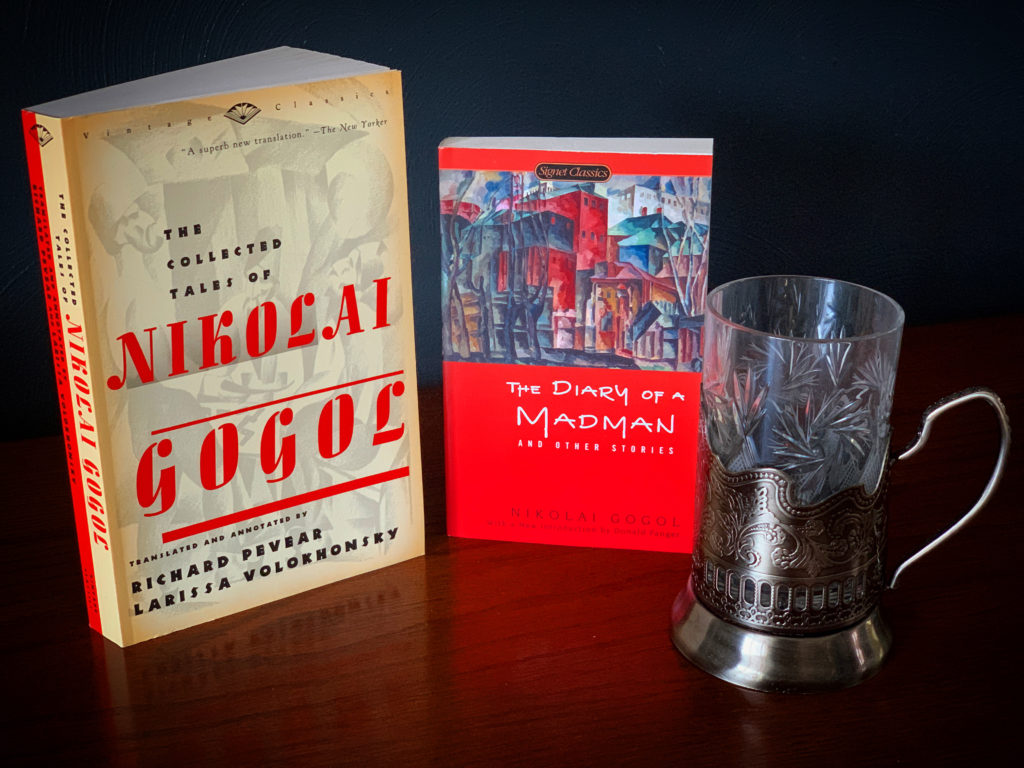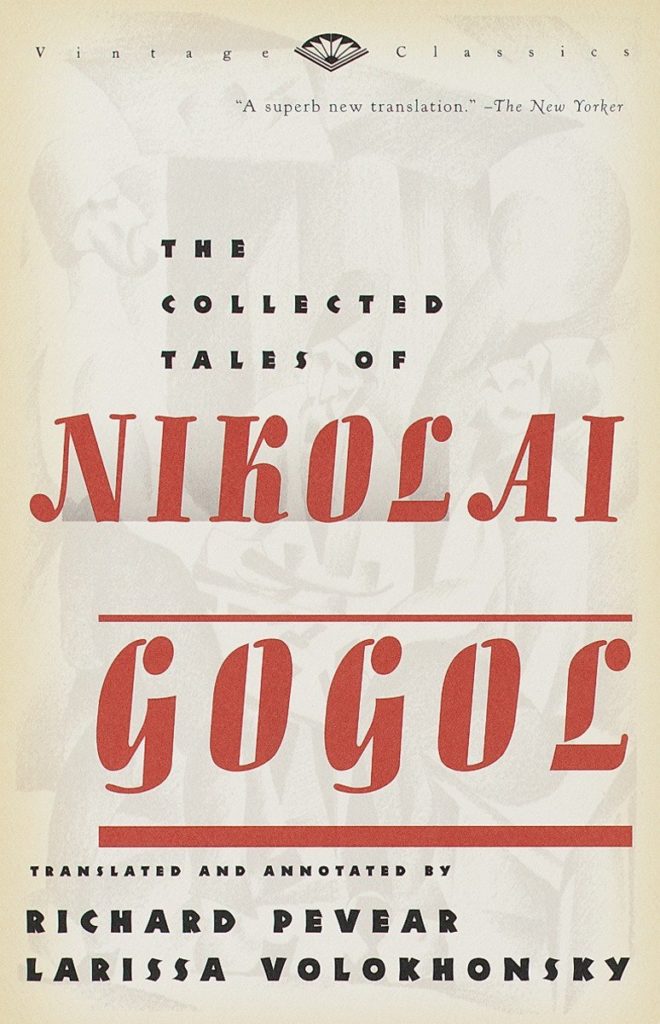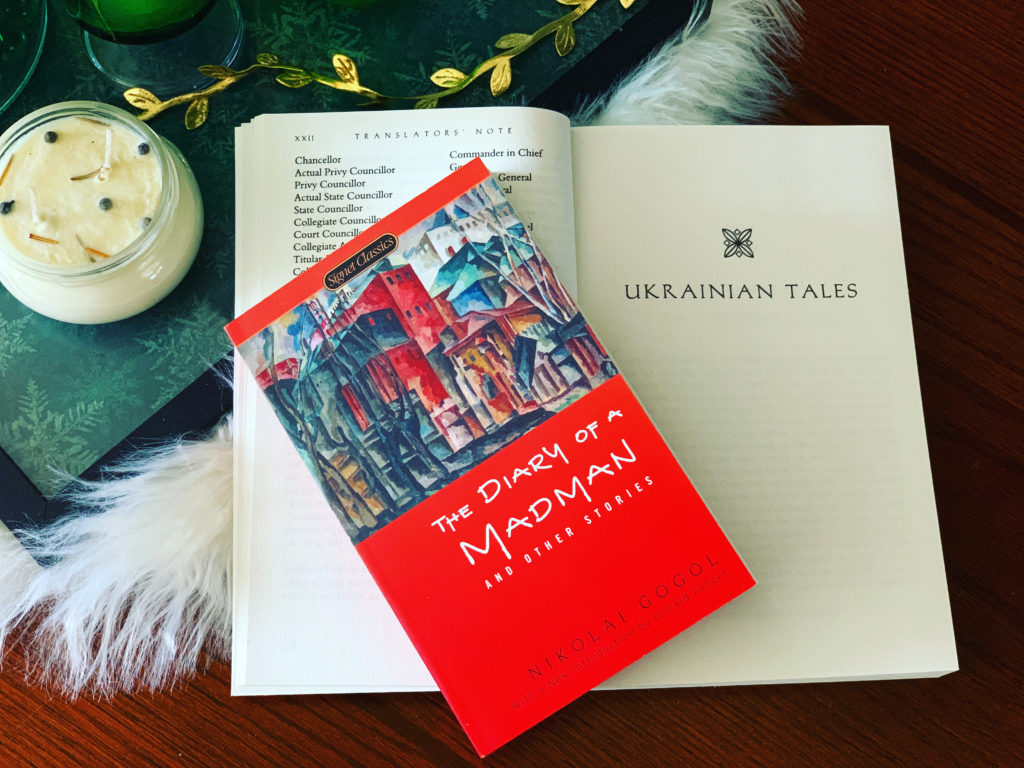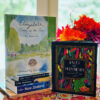
March
Nikolai Vasilyevich Gogol
Ukrainian-born humorist, dramatist, and novelist whose works, written in Russian, significantly influenced the direction of Russian literature.
His novel Myortvye dushi (1842; Dead Souls) and his short story “Shinel” (1842; “The Overcoat”) are considered the foundations of the great 19th-century tradition of Russian realism.
The Ukrainian countryside, with its colourful peasantry, its Cossack traditions, and its rich folklore, constituted the background of Gogol’s boyhood. A member of the petty Ukrainian gentry and a subject of the Russian Empire, Gogol was sent at the age of 12 to the high school at Nezhin. There he distinguished himself by his biting tongue, his contributions of prose and poetry to a magazine, and his portrayal of comic old men and women in school theatricals. Gogol wrote occasionally for periodicals, finding an escape in childhood memories of the Ukraine. He committed to paper what he remembered of the sunny landscapes, peasants, and boisterous village lads, and he also related tales about devils, witches, and other demonic or fantastic agents that enliven Ukrainian folklore. Romantic stories of the past were thus intermingled with realistic incidents of the present. Such was the origin of his eight narratives, published in two volumes in 1831–32 under the title Vechera na khutore bliz Dikanki (Evenings on a Farm near Dikanka). Written in a lively and at times colloquial prose, these works contributed something fresh and new to Russian literature. In addition to the author’s whimsical inflection, they abounded in genuine folk flavour, including numerous Ukrainian words and phrases, all of which captivated the Russian literary world.

When Pushkin first read some of the stories in this collection, he declared himself “amazed.” “Here is real gaiety,” he wrote, “honest, unconstrained, without mincing, without primness. And in places what poetry! . . . I still haven’t recovered.”
More than a century and a half later, Nikolai Gogol’s stories continue to delight readers the world over. Now a stunning new translation–from an award-winning team of translators–presents these stories in all their inventive, exuberant glory to English-speaking readers. For the first time, the best of Gogol’s short fiction is brought together in a single volume: from the colorful Ukrainian tales that led some critics to call him “the Russian Dickens” to the Petersburg stories, with their black humor and wonderfully demented attitude toward the powers that be. All of Gogol’s most memorable creations are here: the minor official who misplaces his nose, the downtrodden clerk whose life is changed by the acquisition of a splendid new overcoat, the wily madman who becomes convinced that a dog can tell him everything he needs to know.
These fantastic, comic, utterly Russian characters have dazzled generations of readers and had a profound influence on writers such as Dostoevsky and Nabokov. Now they are brilliantly rendered in the first new translation in twenty-five years–one that is destined to become the definitive edition of Gogol’s most important stories.

Some call him a Russian Mark Twain. And with his special blend of comedy, social commentary, and fantasy, Nikolai Gogol paved the way for his countrymen Tolstoy and Dostoyevsky. This sampling of Gogol’s works includes the increasingly fantastic entries of “The Diary of a Madman,” followed by the wonderfully surrealistic “The Nose,” in which the title character embarks on some unlikely activities when separated from its owner’s face. In “The Carriage,” a pompous landowner gets his comeuppance when he attempts to impress a general. Rounding out the collection are the woefully comic tale of a clerk’s acquisition of “The Overcoat” and the celebrated novella “Taras Bulba” about the Ukrainian mythic hero said to have led a bloody Cossack revolt against the Poles.
Translated by Priscilla Meyer and Andrew R. McAndrew
With a New Introduction
and an Afterword by Priscilla Meyer

I find it so wonderful that we are reading an Ukrainian author. Perfectly fitting for the time.

I have so loved the reading this month for #RussianFrenchLit2022 .
Signet is a regular go to for me and this one was good. It’s the other Gogol pictured that I just devoured. I must admit I love the translations of Larissa Volokhonsky and Richard Pevear and this one was no exception. Brilliant writing and stories. Maybe it’s the lover of dark fairytales and gothic works in me that loved these writings, I really was surprised at the joy I had reading them. Gogol was never on my TBR or list of classics to read, therefore I am very grateful for this challenge to have found a new loved classic.
The Collected Tales of Nikolai Gogol
Nikolai Gogol was born in the Ukraine in 1809 and died in 1852. Originally trained as a painter, he became interested in the theater and was soon known for his plays and short stories, notably “The Diary of a Madman” (1834), “The Nose” (1836), and “The Overcoat” (1842). Dead Souls, his novel, was published in 1842.
Richard Pevear, a native of Boston, and Larissa Volokhonsky, a native of Leningrad, are married and live in France. Their translation of Fyodor Dostoevsky’s The Brothers Karamazov won the PEN/Book-of-the-Month Club Translation Prize.
Also translated by Pevear and Volokhonsky, (and also available from Vintage Books) are Dead Souls by Nikolai Gogol; and Crime and Punishment, Demons, and Notes from Underground by Fyodor Dostoevsky.


